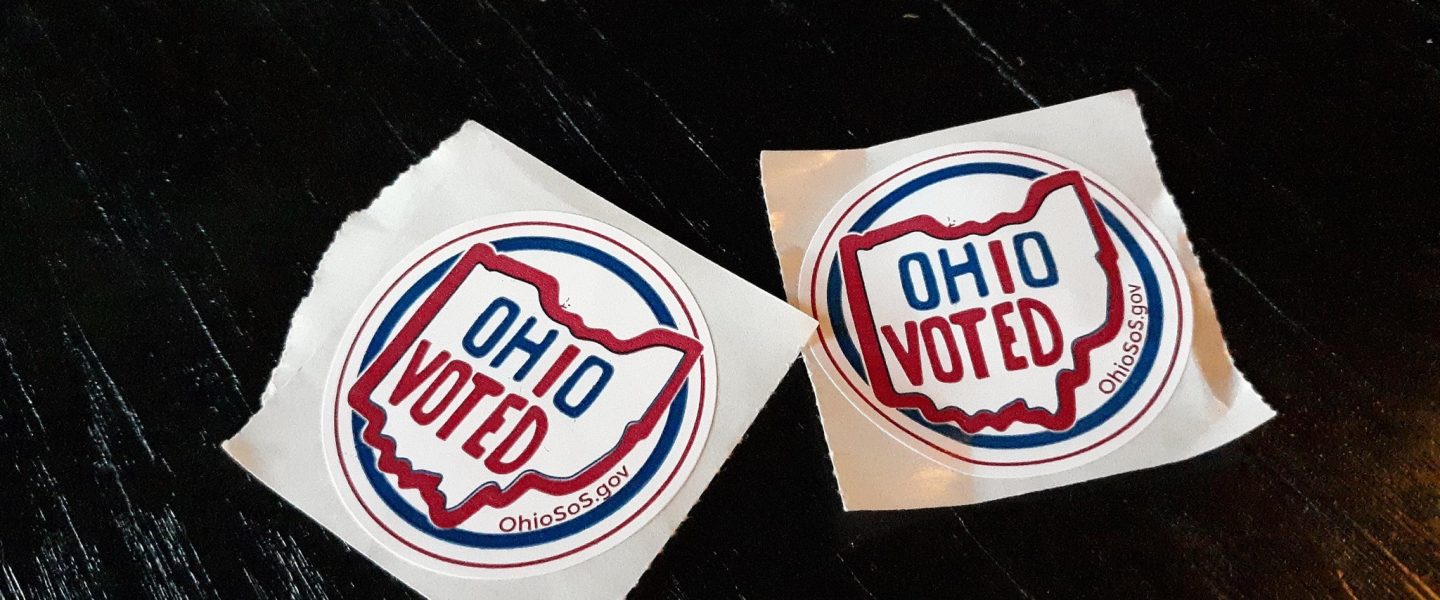Ohio Republicans Are Trying to Get Voters Out of Elections
Ahead of a vote on a pro-choice amendment in November, Ohio Republicans will try to make it more difficult to pass these kinds of initiatives.
|
Listen To This Story
|
Ballot initiatives are an excellent way for ordinary citizens to participate in democracy. This is especially true if they support popular measures that their state’s elected representatives don’t want to take up. In addition, it allows voters to overcome extremely gerrymandered legislative maps that allow a minority of voters to pick a majority of lawmakers.
And because they are so effective, those in power frequently try to make it more difficult for ballot initiatives to pass.
This is true for both parties. When Republicans rode a wave of support early in the 2010s, it was Democrats in some states who sought to add some hurdles to the process.
Since then, however, it has been progressives who got ballot initiatives passed, even in red states, that put in place policies the GOP-led legislatures would never have taken up, such as Medicaid expansion, the legalization of marijuana, and, more recently, measures that guarantee women the right to an abortion.
There were others, of course. Readers of WhoWhatWhy will be familiar with a constitutional amendment in Florida that passed overwhelmingly and was supposed to restore the right to vote for most felons. We say “supposed to” because Florida Republicans don’t want former felons to cast ballots, which is why they have effectively instituted a poll tax and created other barriers for those hoping to get their right to vote restored.
In response to citizens in red states voting to pass “progressive” initiatives, GOP lawmakers began to make it more difficult for them to pass. In some cases, that meant increasing the number of signatures needed to get a measure on the ballot or to increase the majority required to approve them.
That’s precisely what is happening in Ohio tomorrow.
For over a century, voters in the Buckeye State were able to pass ballot measures with a simple majority.
However, ahead of a vote in November on one such initiative, which would guarantee women access to abortions in the state, Ohio Republicans are trying to change the rules.
After realizing that the pro-choice measure is likely to pass if a simple majority is required, they are now trying to raise that threshold.
To achieve their goal, Republicans scheduled a special election on Tuesday in which voters get to decide whether constitutional amendments should require the support of 60 percent of voters going forward.
Ironically, it will take a simple majority to pass tomorrow’s amendment.
If approved, the initiative would further cement the GOP’s power in a state that is already heavily gerrymandered.
For example, Donald Trump won the state in 2020 by 8 percent. However, in the same election, Republican congressional candidates won 12 out of 16 seats. Currently, there are 10 GOP lawmakers and 5 Democrats from Ohio in the House.
All of this has pro-democracy advocates raising the alarm in the hope of getting Ohioans to the polls tomorrow.
“Blocking citizen access to the ballot would remove the last check on our corrupt and extremist legislature,” said Mia Lewis, associate director of Common Cause Ohio.

